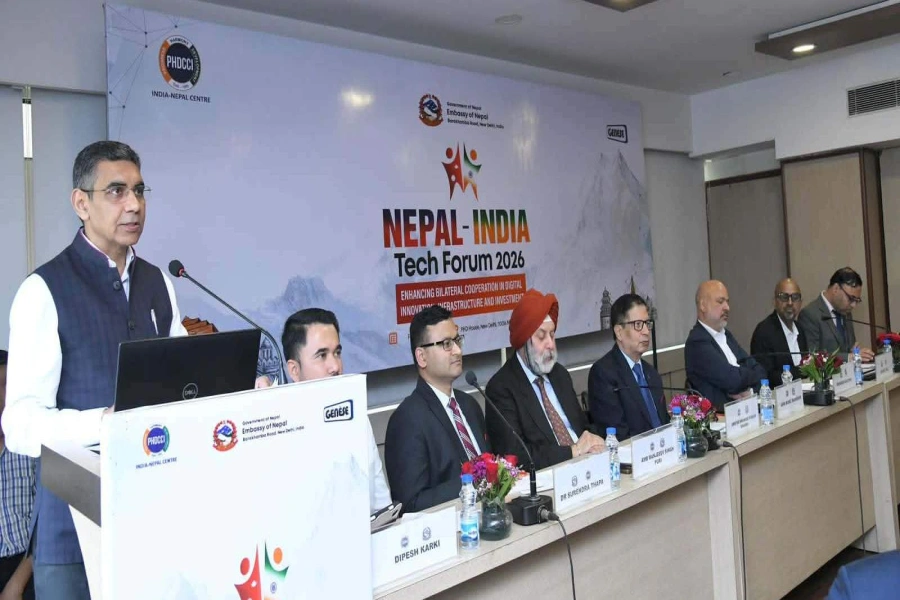Under the strategy, the government had identified 19 key products in which Nepal enjoys competitive edge and can bank on for sustainable trade growth, promised to support development of those products and services, apart from providing infrastructural support for their trade. [break]
However, leave aside making concrete support for the product development, the strategy has not even managed to get enough allocations to deliver the promises of infrastructure development. “Unfortunately, Ministry of Commerce and Supplies (MoCS) - the implementing agency - has not even been able to spend even that meager allocations,” said a source.
According to MoCS, the government had allocated Rs 30 million in 2010/11 and pledged Rs 50 million in 2011/12 for the implementation of NTIS. “But the implementing institutions are so weak they even cannot make their periodic publications, forget about implementing the action-plans that NTIS has,” former commerce secretary Purushottam Ojha told Republica.
No wonder, the much-desired export growth of most of the products listed in the NTIS has not gone up over these years. Rather, some of the products that were identified as highly potential items have suffered a drop in exports.
For instance, ginger exports went down by 38 percent in 2010/11, lentils and handicraft too suffered drop in exports by well over 10 percent each during the year. The NTIS has enlisted cardamom, tea, instant noodles, medicinal herbs and essential oils, germs and jewelry, iron and steel, wool products and pashmina, as products through which Nepal can fulfill its dream to expand exports.
Some, however, argue that two years is too short a span for realizing any visible change. “NTIS´s objectives are to establish backward and forward linkages, so that farmers could enjoy substantial positive changes in their lives. Now you do not expect that to happen in two years,” said a MoCS official.
However, knowledgeable people like Ojha said the strategy has suffered mainly because the political leaderships at the ministry have not owned it seriously. “They (ministers) have so much interest in Nepal Oil Corporation, I haven´t seen any political leadership being sincere about the NTIS document in last two years,” said Ojha.
However, the government´s plan to consolidate all the foreign assistance that comes as aid for trade through this strategy has somehow been addressed. For instance, the bilateral and multilateral donor agencies now have to go through the document.
“We refer NTIS document while the negotiation goes on with different agencies,” Jib Raj Koirala, under secretary at the MoCS said, “Comparatively, it has been useful to negotiate with the bilateral and multilateral donor agencies.”
The NTIS has specifically highlighted its four basic objectives such as strengthening trade negotiations (especially bilateral), strengthen the technical capacity of domestic non-tariff barriers/other business supportive institutions, and strengthen the export capacity of inclusive export potential goods and manage the aid for trade.
The government has failed to hold bilateral trade talks with Bangladesh, China, Bhutan and the US, citing reasons like political instability.
Govt launches NTIS 2016







































